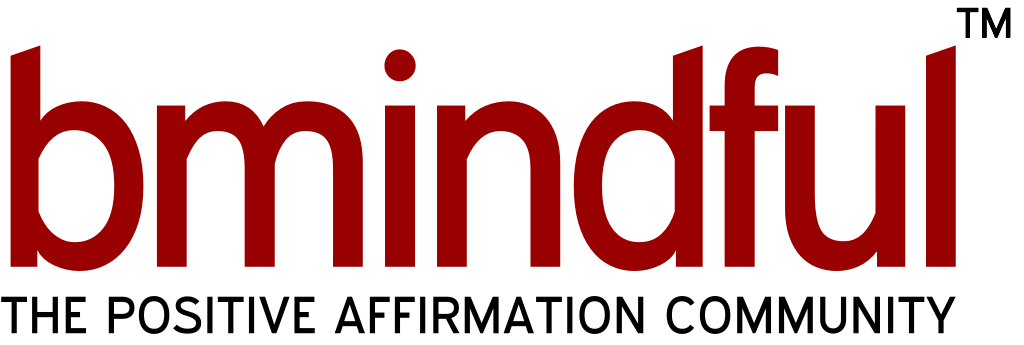˚ gently empowered
Posted on 04/05/2020.
- ~

the artist Jim Warren
The usual interpretation of self-knowledge is objectively knowing our strengths, weaknesses, and personality traits in their manifestations through our body, heart, and mind. There can be no true end-point to the acquisition of such self-knowledge for two main reasons. First, our personality has too many possible modes of acting and reacting to exhaustively know them. We can always surprise or surpass ourselves. Second, we change continually. So what we thought we knew about ourselves yesterday may no longer be true today.
~Copyright © 2001 – 2015 Joseph Naft.

We have our thoughts We have our emotions. We have our usual ways of acting. And all the while, we also have the stillness within us. All this coexists, but on different levels. On one level we are our personality, we are our self-image. At the same time, on a deeper level, we are the stillness within. This solves the problem of personality. We are it, but not only it. We can be our self, if we can be our whole self, which includes both the shallow Being Your Personality and the deep, the mask and the one who wears it. We do not seek to destroy or overcome the shallow in us. Instead, we embrace it, we embrace ourselves with the compassionate arms of stillness.
For this week, be your personality and be the cognizant stillness behind it. to read lesson in its entirety Copyright ©2001 – 2014 Joseph NaftAll rights reserved.
- ~
After all, who else could we be, if not ourselves? Yet the question remains, somehow resonating with us. At times we feel less ourselves, like when we are thrown off by an uncomfortable situation, by feeling unsure of ourselves or inadequate or anxious and not fully in control. At such moments we feel awkward, perhaps even ashamed; we are not at home in our own skin. These and many other types of difficult moments point to times when we might almost rather not be ourselves, if being ourselves means behaving and experiencing in those unpleasant ways. But to be more accurate, we should say that in those moments we are not fully ourselves. And that domain is where our inner work, our spiritual practice can help, help us be fully ourselves.
To be ourselves means to be who we are, in our core. Again, though, who are we? Who am I? That question itself can and does form the foundation of an entire spiritual path. One effective approach to it starts by elimination, by seeing that much of what we think we are is not who we are, is not essential to the person that is us. This is dropping some of the veils of illusion so often referenced in spiritual literature.
excerpts from Intro to Being Yourself Being Yourself InnerFrontier.org Joseph Naft Lessons What does it mean to be yourself?
Who Is Joseph Naft?


